Chemotherapy is brutal
You hear about chemotherapy—or chemo—in connection with cancer, but it really means the use of drugs to treat any disease. While surgery and radiation therapy can remove, kill, or damage cancer cells in a certain area, sometimes the cancer cells spread beyond the original site. Chemo works throughout the entire body, hunting down any rogue cancer cells that have metastasized to parts of the body far away from the original tumor, according to the American Cancer Society. Essentially, chemo is a form of poisoning that targets the fastest growing cells in the body. These are typically cancer cells, but other fast-growing parts of the body suffer as well—hair, skin, and the gastrointestinal tract.
Not every cancer needs treatment with chemo, but many do—about 650,000 Americans receive the treatment each year, according to the Centers For Disease Control and Prevention (CDC). And while chemo saves many lives, the scorched-earth nature of the treatment can make it quite grueling. Because chemo isn’t just one drug—usually it’s a cocktail of different medications—and every patient is different, people’s experiences with chemotherapy can vary widely. So we asked cancer survivors to share the unusual, interesting, and surprising things they learned about chemo.
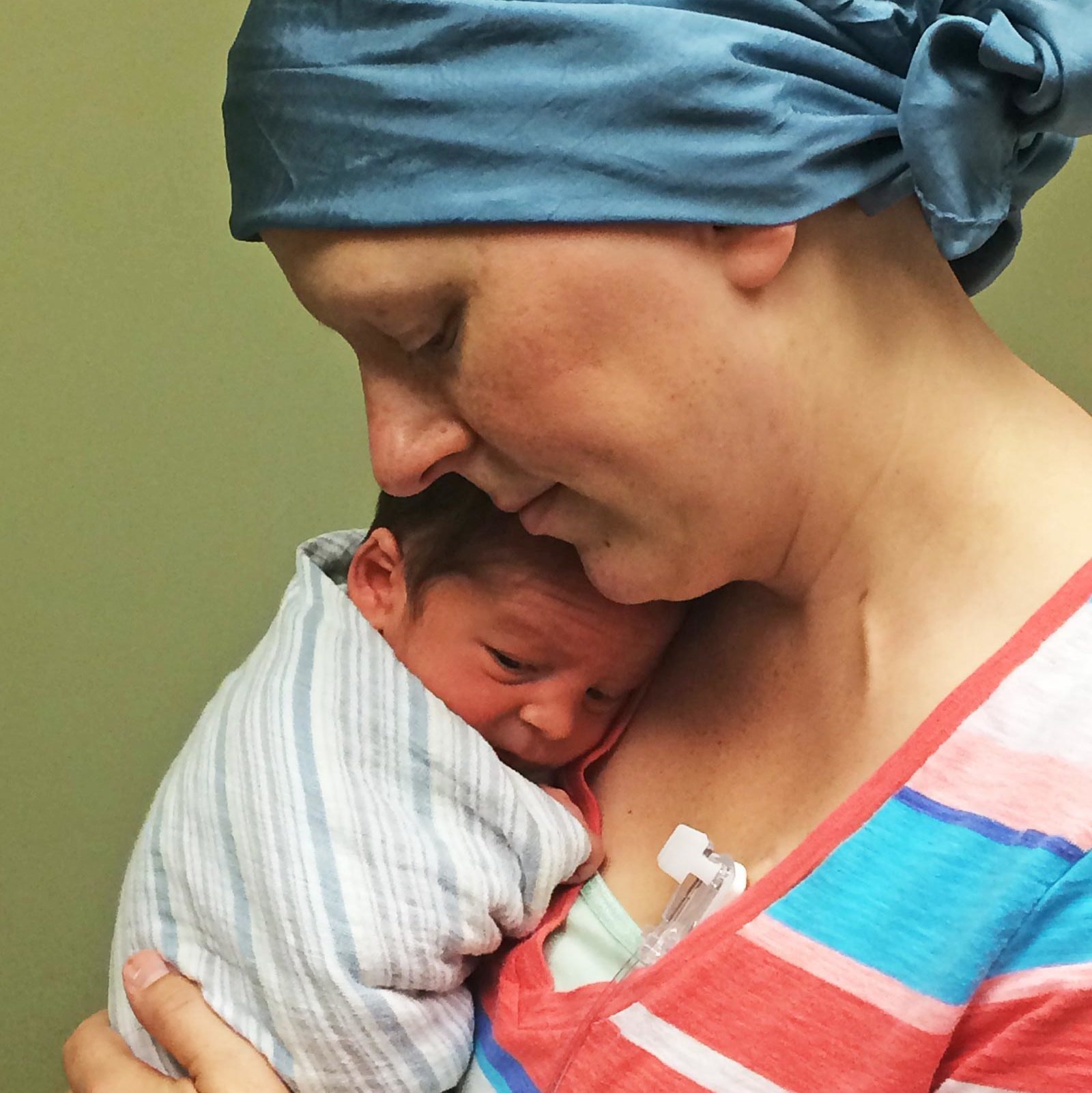
I had chemo while I was pregnant
“I was diagnosed with invasive ductwork carcinoma when I was 16 weeks pregnant with my fifth son. The doctors decided that treatment couldn’t wait so I had a lumpectomy and six rounds of chemo during my pregnancy. After delivery, I went through another four rounds of chemo, a bilateral mastectomy, 25 sessions of radiation, reconstructive surgery, a radical hysterectomy, and a partridge in a pear tree. I joke about it now but it was terrifying at the time. Thankfully, my chemo baby was born healthy and feisty! Nearly losing my life helped me find purpose: Helping other women going through cancer while pregnant. I even wrote a book about it, Baby Bump, Cancer Lump.
“One of the lesser-known side effects of chemo is it can put you into full-on menopause. Because I had chemo in my early 30s there aren’t many women my age who can relate to my menopause—but there are plenty of older women who do! It always cracks me up when older ladies are asking me for tips about hot flashes and getting through the change. The hard part is that I don’t always know where I fit in now. I’m a young mom but I’m also post-menopausal.” —Stephanie Partridge, 36, Gilbert, Arizona
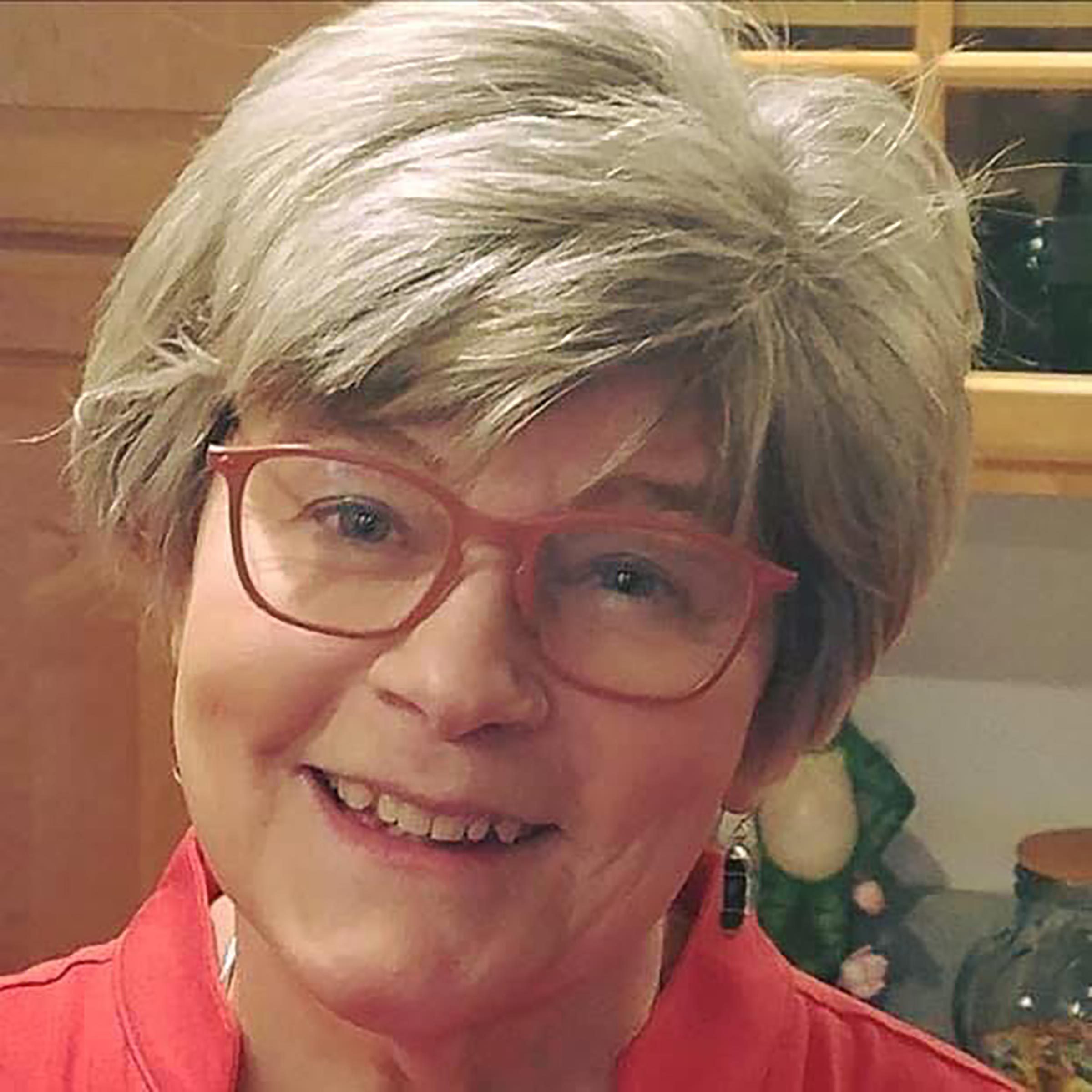
The chemo killed so many good things along with the cancer
“I discovered I had cancer when I picked up my youngest granddaughter and felt my back snap. I soon learned I had lymphoma of the spine and had surgery right away. Then it was on to chemo. I quickly learned that chemo is poison, killing everything in its path—starting with my hair. They told me it would fall out within a week to 10 days after my first treatment but I didn’t want to just wait for it to happen so I went and had it shaved off by a hairdresser that deals strictly with cancer patients. This really was the worst part for me; I cried so hard she wanted to call an ambulance! It may sound trivial to some—after all, hair grows back—but it was such an obvious physical sign of what my body was going through. With each treatment three weeks apart, just when I started to feel better, it was time for another treatment and with every treatment, I got weaker. The chemo also caused strange skin changes, mucous, and sores in my mouth so bad I could not eat. Then close to the last treatment I ended up in the hospital with zero white blood cells. The chemo poison killed so many good things along with the cancer, but it also worked. I feel very blessed to be cancer-free since 2016.” —Sonny DeMarco, 60, Rockford, Illinois
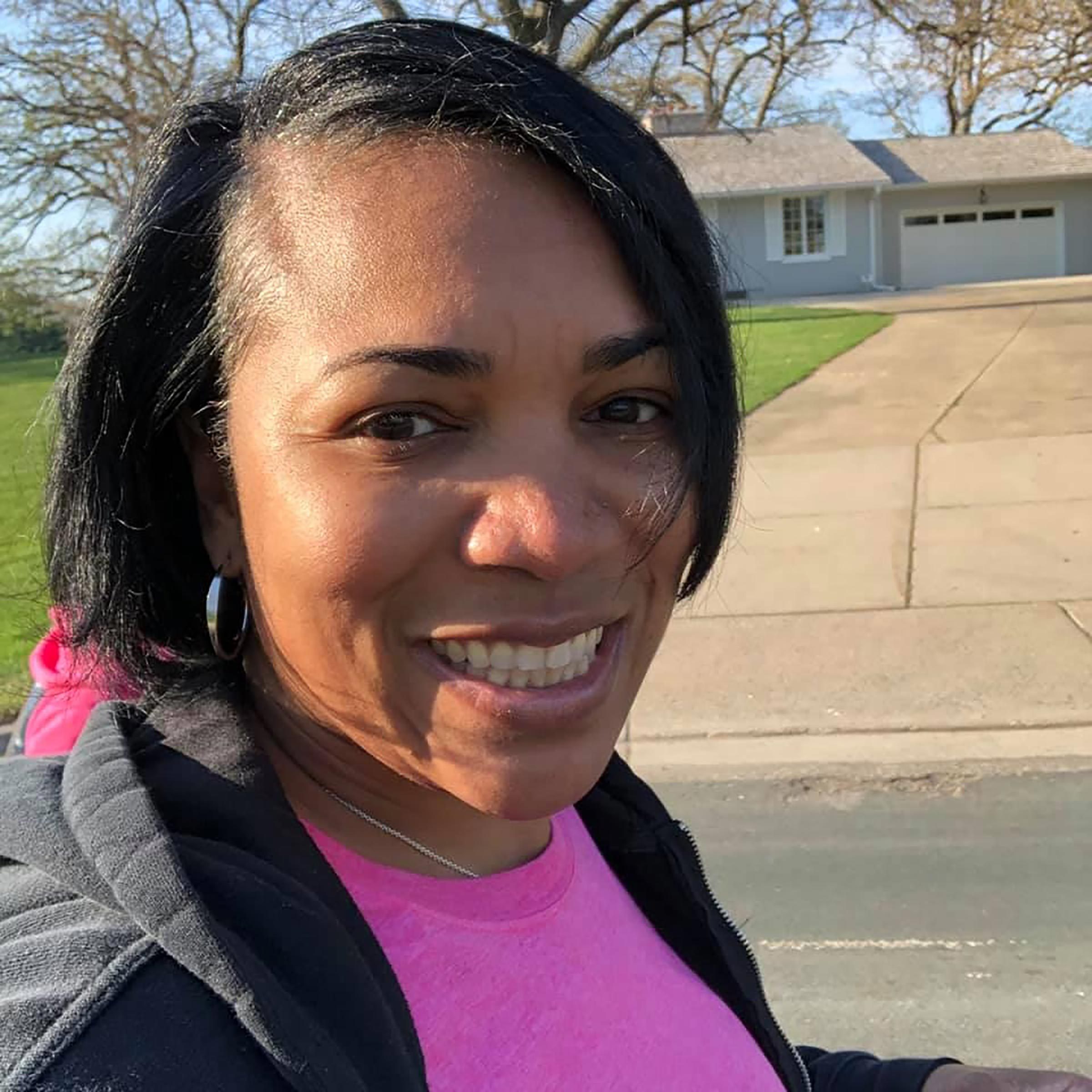
I learned that life doesn’t stop just because you do
“One of the hardest parts for me was that even though I had breast cancer, I still had to live my life. I had chemo every two weeks. I would have it on Wednesday, stay home Thursday and Friday, and then go right back to work on Monday. Strangely, I always craved hamburgers after my treatment, which thankfully I could eat because of the anti-nausea medication they gave me.” —Rose Judkins, 49, Apple Valley, Minnesota
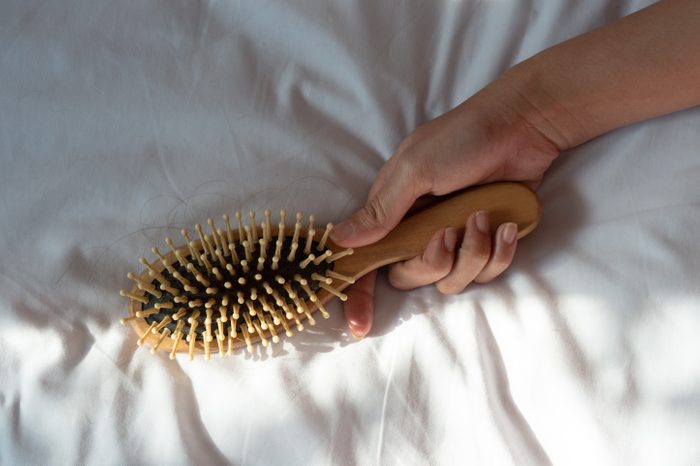
Losing my hair was about so much more than hair
“The first sign that the chemo was making my hair fall out was my scalp hurting, like when you wear your hair in a ponytail too long. The pain got so bad it gave me headaches. Then my hair started coming out, leaving hair behind anywhere my head was. Whenever I ran my fingers through my hair, bigger clumps of hair came out. It was at this point I told my husband to shave my head. It was incredibly emotional for me. It had taken me years to grow my hair to the length I loved and I felt like I was losing my identity and femininity in a way.
“I had to go through one round of the most severe chemo you can get. It completely wiped out my bone marrow. But in the process, it also wiped out my taste buds. I realized that I had lost all taste for food, and if I could taste anything it had a metallic taste. It took weeks before I enjoyed eating anything again. Going through chemo really changed my relationship with food.” —Brittany Long, 32, Highland, Utah
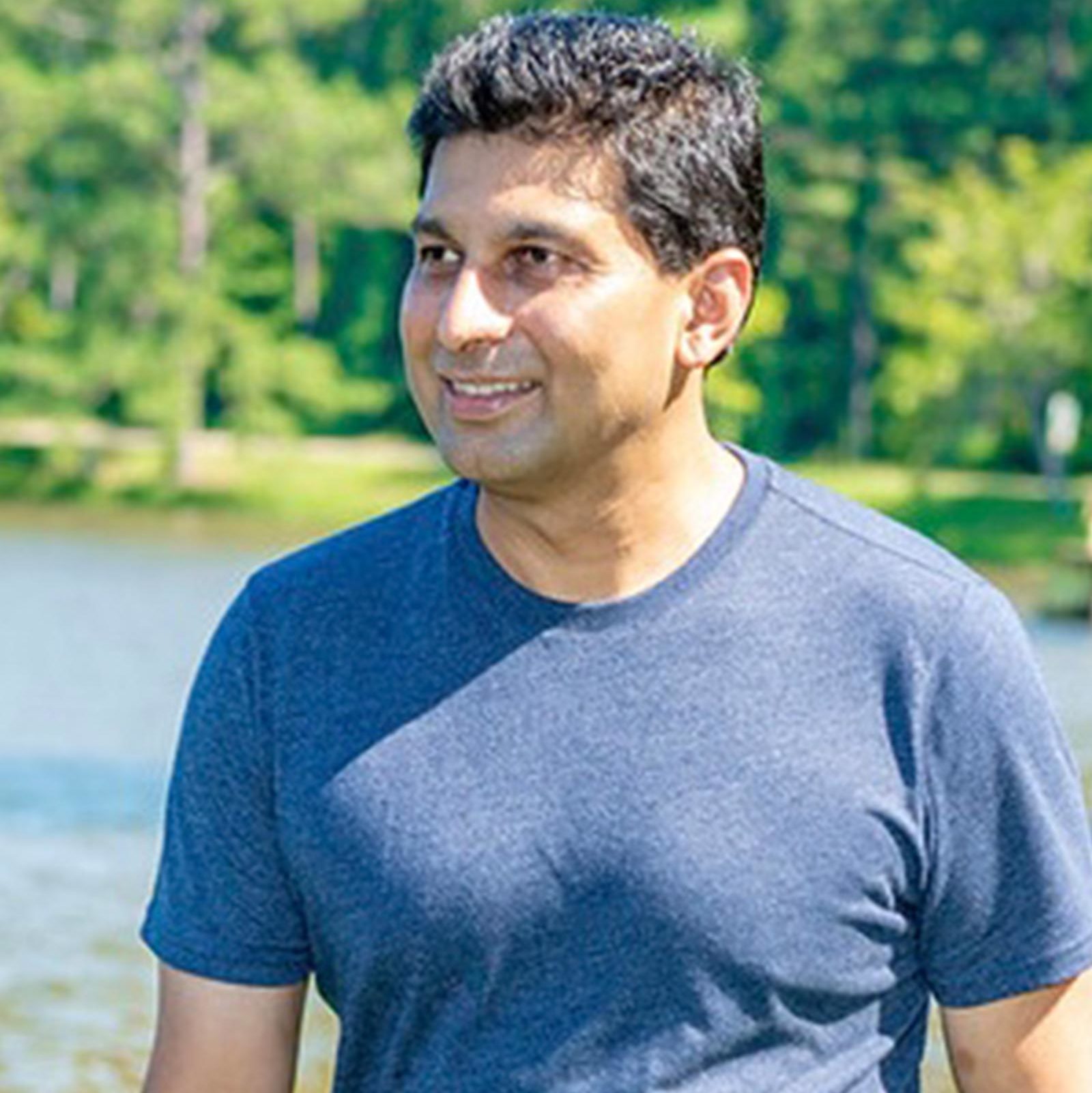
The steroids were worse than the chemo
“I had to do six months of chemo and one of the known side effects of the type of chemo I had was weight loss. I tried to look at the bright side—hey I needed to lose a few pounds anyhow! Unfortunately, the steroids they gave me along with the chemo made me gain 30 pounds. They also caused sleeplessness so I had problems falling asleep and when I did sleep I had bizarre, vivid dreams. The chemo itself never felt that awful to me—I tolerated it really well. Honestly, it was the other medications that made it hard.
“I never lost all my hair during the chemo but it did thin out quite a bit. After I finished, my hair grew back very quickly. Not only was it thicker than before but funnily enough, it grew back darker too. I’d had some gray hairs before treatment and afterward, they were all gone. It also grows much faster, now I have to get a haircut every two weeks.” —Dennis Legori, 47, Columbus, Georgia
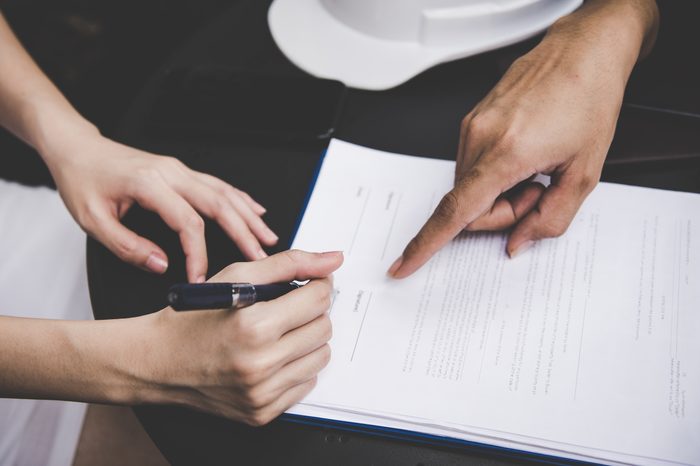
The side effects almost sounded worse than the cancer
“Before I could start chemo my doctor asked me to sign a release. It was a 36-page document detailing everything that could possibly go wrong, including a brain hemorrhage, heart problems, and basically every horrifying illness besides cancer. I cried for an entire day. How the hell was I even supposed to make that decision?”—Nancy Paleka, 30, Detroit, Michigan
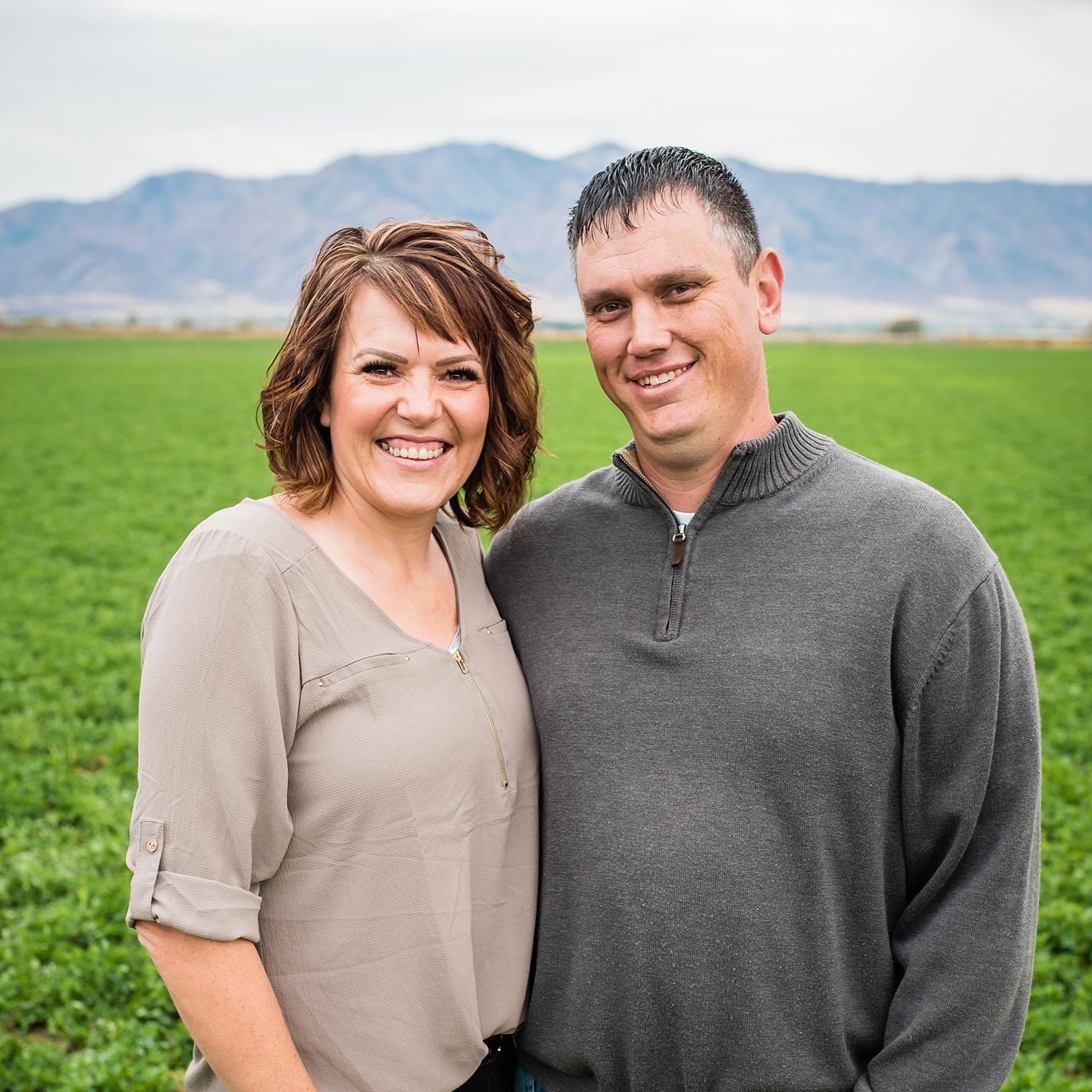
Chemo isn’t just one drug and some are worse than others
“They can use a lot of different drugs for chemotherapy and each has its own side effects. They put me on one called the ‘red devil’—named because of the awful things it does to you. Not only does it make you lose your hair and feel sick but if it leaks on your skin, you may need to have a skin graft because it basically eats you alive. And this is what they were pumping directly into my heart [through a port] every week.”—Jessica Rowley, 35, Nibley, Utah
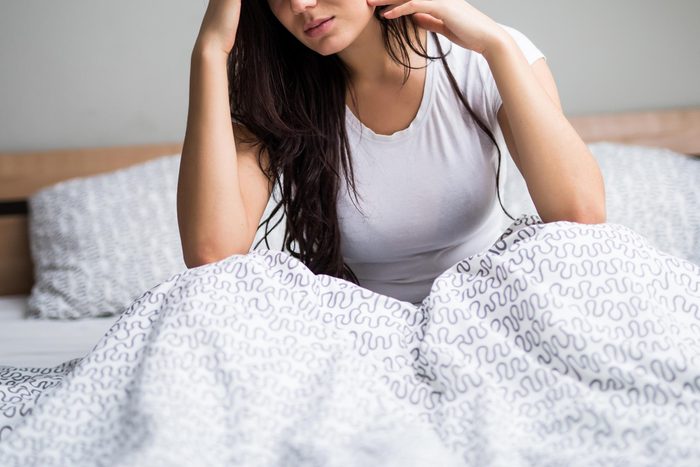
I felt like I had the flu… over and over again
“For me, the most painful part of my chemo treatments was getting the IV put in. After that, it felt fine, like it was just a bag of saline. It didn’t burn through my veins or make me feel instantly sick like some people. But then three days later I’d feel sick like I had the flu—nauseated, weak, body aches, exhaustion. It was like a delayed onset.” —Camille Austerfield, 26, Minneapolis, Minnesota
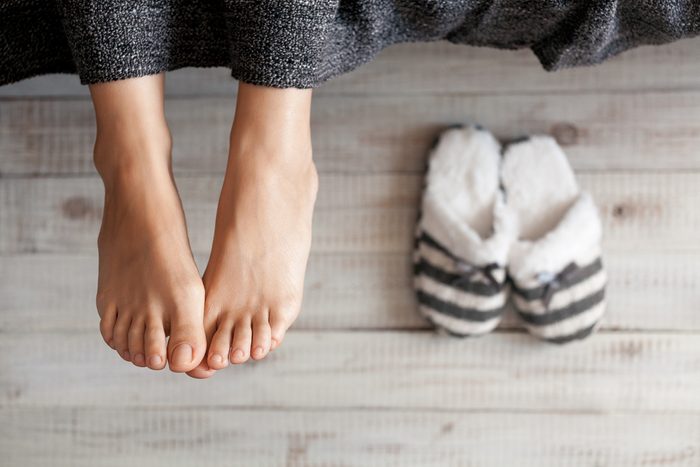
I was freezing all the time
“One of the things that most surprised me during chemo was how cold I would get during my infusions. I learned to always bring a warm blanket and some slippers. Not only did it help me feel warmer but it was nice to have something that felt familiar in the sterile room. Another weird thing was how much I had to pee afterward!”—Tracy Olsten, 40, St. Augustine, Florida.
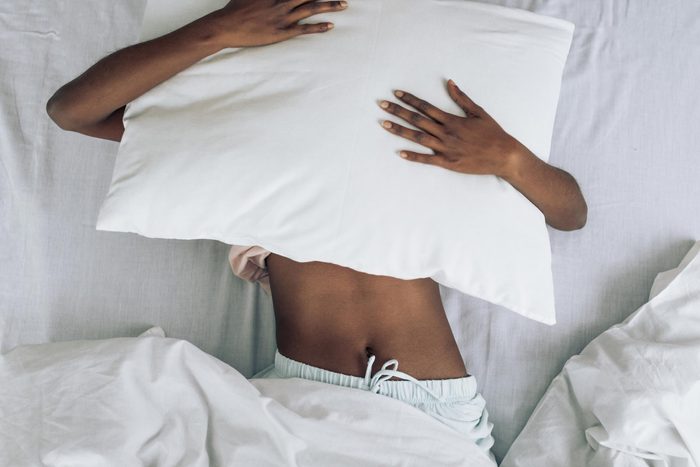
Exhausted became my new normal
“Cancer was a roller coaster of emotions and chemo was a big part of that. One day I would feel great and the next so exhausted I could barely stand up. Then, just when my energy would start to come back, I’d have to get another treatment. It really wore me down physically and mentally—I just felt so exhausted most of the time.”
“I lost all my hair, including my eyelashes, eyebrows, and everything south of my chin. One ‘perk’ was not having to worry about hair removal. I never had to shave my legs. Even better, after my stem cell transplant, I would tell people I had a $100,000 Brazilian bikini wax.” –Jess Hodgson, 40, Minneapolis, Minnesota